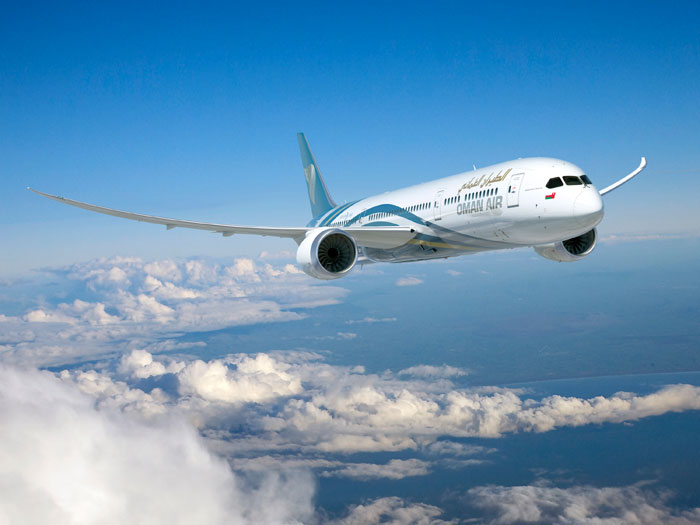Oman Air adopts e-AWB replacing paper airway bill
Oman has adopted the International Air Transport Association (IATA) electronic airway bill (e-AWB) standard in replacement of the paper airway bill – the contract of carriage for international airfreight shipments.
The introduction of the e-AWB standard in the Sultanate will reinforce Oman’s position as an internationally competitive logistics hub with a digitally connected and integrated air cargo supply chain, says national carrier Oman Air.
“The use of e-AWB allows freight forwarders and traders to communicate directly with over 120 airline operators around the world to report and manage their shipments. Omani traders will also benefit from the use of the e-AWB as it will remove barriers to trade by facilitating early (pre-arrival) reporting to customs and earlier release, reducing cargo storage time and costs,” said the carrier.
“In support of the implementation process, IATA and CHAMP Cargo Systems will offer freight forwarders low-cost online facilitation for the creation and sharing of e-AWB messages. This means that local businesses can benefit from the electronic reporting, without the need to invest in building digital systems in their businesses.”
Oman Air Cargo and Asyad conducted an e-AWB workshop in September for trade partners and airlines by inviting delegates from IATA and CHAMP systems to share the best practices and create awareness about e-AWB. On this occasion Oman Air Cargo became e-AWB compliant by signing the IATA Resolution 672, Attachment D agreement. Oman Air Cargo is the commercial cargo division of Oman Air, National Carrier of the Sultanate of Oman.
IATA regional cargo manager MEA Mazen Al Homsi said, “The adoption of e-AWB will develop the air cargo community in Oman. IATA has been signing up more carriers, airports and freight forwarders into the e-AWB system. The e-AWB system that Oman Air Cargo is implementing will allow it to safely and proficiently empower its freight customers to perform the most essential tasks for cargo booking and data capture.”


